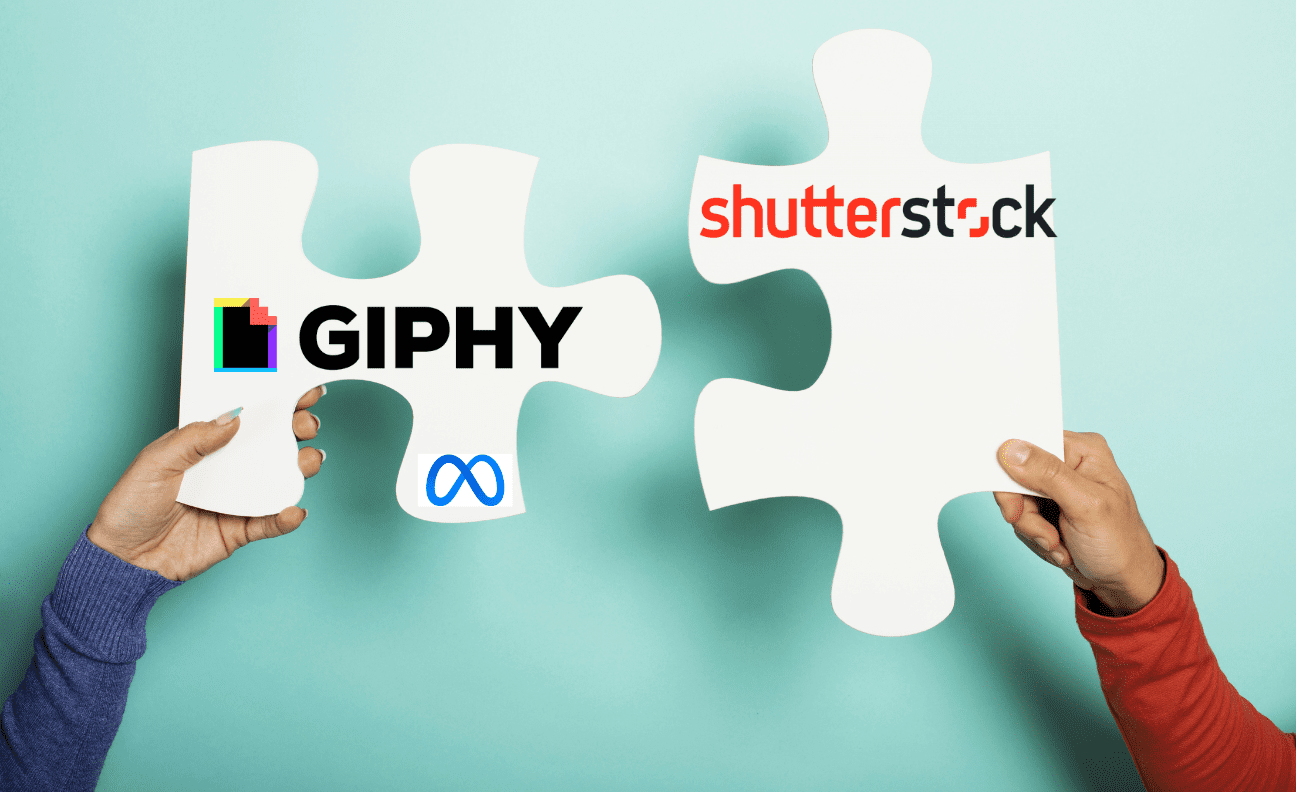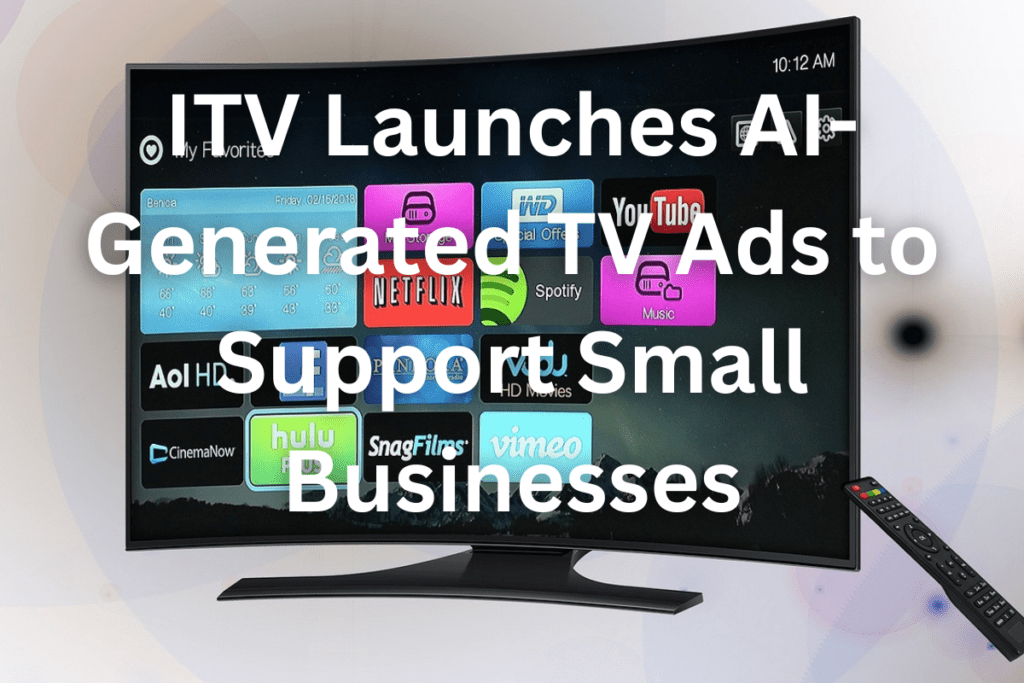Shutterstock, the renowned online stock-photo marketplace, has taken the industry by surprise with its recent announcement of the acquisition of Giphy from Meta Platforms.
This strategic move marks a significant shift in both companies’ trajectories, as Shutterstock expands its reach and Giphy finds a new home.
The deal, valued at $53 million, represents a stark contrast to Meta’s previous acquisition of Giphy in 2020 for a staggering $315 million, making it a notable loss for Meta.
All-Cash Deal with Revenue Maintenance
Shutterstock’s acquisition of Giphy is an all-cash transaction, demonstrating the company’s commitment to securing a promising future for both brands.
In an investor presentation, Shutterstock reassured stakeholders that it would maintain its full-year revenue guidance, reflecting confidence in the value that Giphy brings to its portfolio.
While the immediate financial impact is expected to be minimal in 2023, Shutterstock recognises the long-term growth potential and synergistic opportunities presented by this strategic partnership.
Closure and Positive Market Response
The deal is set to be finalised by the end of June, signalling a swift transition for Shutterstock and Giphy.
The market has responded positively to the announcement, with Shutterstock’s shares experiencing a nearly 2% increase in morning trading on Tuesday.
This market sentiment reflects investors’ confidence in Shutterstock’s ability to leverage Giphy’s strengths and unlock new revenue streams in the competitive digital media landscape.
A social media play in 3 acts:
— Dan Primack (@danprimack) May 23, 2023
1/ VCs value GIPHY at $600 million.
2/ Facebook buys GIPHY for $400 million.
3/ UK antitrust regulators force Facebook to sell GIPHY. Finds a buyer (Shutterstock) for $53 million. https://t.co/2FzD30v1zX
Regulatory Challenges and Industry Impact
The acquisition has not been without its share of challenges. The U.K.’s Competition and Markets Authority (CMA) ordered Meta Platforms to divest Giphy in 2022 due to concerns over potential anti-competitive effects.
The CMA’s ongoing investigation, initiated in June 2020, underscores the increasing scrutiny faced by technology mergers and acquisitions, particularly in the United Kingdom market.
This regulatory landscape is reshaping industry dynamics, prompting companies to navigate complex legal and competitive landscapes to ensure compliance and secure their positions.
Meta’s Regulatory Struggles and Market Consequences
Meta Platforms, previously known as Facebook, has been grappling with heightened regulatory oversight globally. In the United States, the Federal Trade Commission (FTC) proposed a sweeping ban preventing Meta from monetising young users’ data, alleging violations of a 2020 privacy order.
Meta responded to the FTC’s efforts, labelling them as political manoeuvres. Amidst these regulatory challenges, Meta expressed gratitude to the Giphy team for their support during this uncertain period, highlighting the commitment to a smooth transition and the wish for continued success.
Advantages of The Recent Acquisition
The acquisition of Giphy by Shutterstock presents a range of advantages that can greatly benefit the company. Firstly, it diversifies Shutterstock’s offerings beyond stock photos, allowing them to provide a broader range of visual content to customers.
Additionally, Giphy’s integration with messaging apps and social media platforms enhances user engagement and expands Shutterstock’s user base. The acquisition also grants Shutterstock access to Giphy’s advanced technology and expertise in creating and searching animated images, which can enhance their own platform and provide users with more interactive content creation options.
Synergistic opportunities for collaboration and cross-promotion can further extend Shutterstock’s reach and market presence. Moreover, the acquisition holds long-term revenue generation potential through innovative monetisation models.
Overall, this strategic move strengthens Shutterstock’s competitive advantage in the digital content marketplace, positioning them for continued growth and success.
Shutterstock to Acquire GIPHY:
— The Transcript (@TheTranscript_) May 23, 2023
"Through the GIPHY acquisition, we are extending our audience touch points beyond primarily professional marketing and advertising use cases and expanding into casual conversations" – Shutterstock CEO$SSTK: +5.2% Pre-Market pic.twitter.com/9LQHKZH1fu
Highlighting Some Potential Disadvantages
While the acquisition of Giphy by Shutterstock brings numerous advantages, it also carries potential disadvantages that need to be carefully considered. One such concern is the integration process, as merging two distinct platforms and cultures can be challenging and time-consuming.
Therefore, the success of the acquisition depends on how effectively the transition is managed and whether the two companies can align their strategies and operations seamlessly.
Additionally, there may be some resistance from Giphy users who fear changes to the platform or potential disruptions to their favourite features. Maintaining a smooth user experience during the integration process is crucial to retaining Giphy’s existing user base.
Furthermore, regulatory scrutiny and compliance requirements related to the acquisition, especially in light of previous orders from the U.K.’s Competition and Markets Authority, could pose additional hurdles and resource constraints.
This would mean that navigating these potential disadvantages will require careful planning, effective communication, and a strategic approach to ensure a successful integration and maximise the benefits of the acquisition.
Conclusion
Shutterstock’s acquisition of Giphy for $53 million highlights the dynamic nature of the tech industry and the increasing regulatory scrutiny faced by major players.
As regulatory bodies tighten oversight, companies must navigate complex landscapes to secure their positions in the ever-evolving digital ecosystem.
This strategic move by Shutterstock demonstrates its commitment to innovation and market expansion, while also addressing the shifting demands of the digital media landscape.
Furthermore, the acquisition of Giphy presents a unique opportunity for Shutterstock to harness the power of animated images and propel its growth, solidifying its position as a leading force in the industry.









